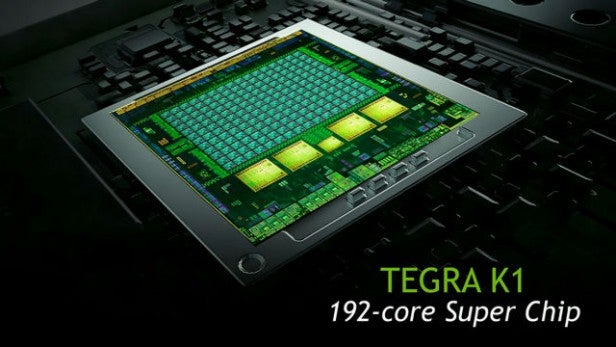Samsung sues Nvidia over fudged Tegra K1 benchmarks

Samsung is taking legal aim at Nvidia to settle a score over what the firm reckons are misleading Tegra K1 benchmark results.
The South Korean tech firm says Nvidia made false claims about the true speed of its mobile processor, as well as violating six Samsung patents.
According to Samsung, Nvidia’s claims that the Shield tablet has ‘the world’s fastest mobile processor’ are false.
Instead, Sammy reckons its own Exynos 5433 trumps the Shield’s Tegra K1, based on several benchmark results.
The Exynos 5433 is Samsung’s top-end mobile processor, and trumps most other competitor chips – all except for the Tegra K1.
While the Exynos did indeed beat the Tegra K1 on a handful of benchmarks, Nvidia’s chip scored top spot in an overwhelming majority of tests.
Samsung is also suing Velocity Micro, a small Virginia-based Nvidia customer, in regards to eight patent infringements, including the six Nvidia is being sued over.
Nvidia claims the main reason Velocity has been included in the suit is to keep the lawsuit in Virginia, due to it having a relatively speedy time-to-trial as far as US states go.
“
“It can be a dangerous strategy for one of the largest companies on the planet to decide to sue one of the smallest companies in all of Virginia,” he added.
It’s also important to remember that Nvidia is already amidst its own lawsuit target at Samsung.
September saw litigations begin over alleged infringements of Nvidia GPU patents on the part of Samsung.
Nvidia went as far as requesting the sale of a selection of Samsung devices banned in the USA, including the Samsung Galaxy S5, the Galaxy S4, the Galaxy Tab S, and the Galaxy Note 3.
The US International Trade Commission is currently setting up to investigate Nvidia’s allegations.
Read More: Samsung Galaxy S6 release date
Via: Nvidia


